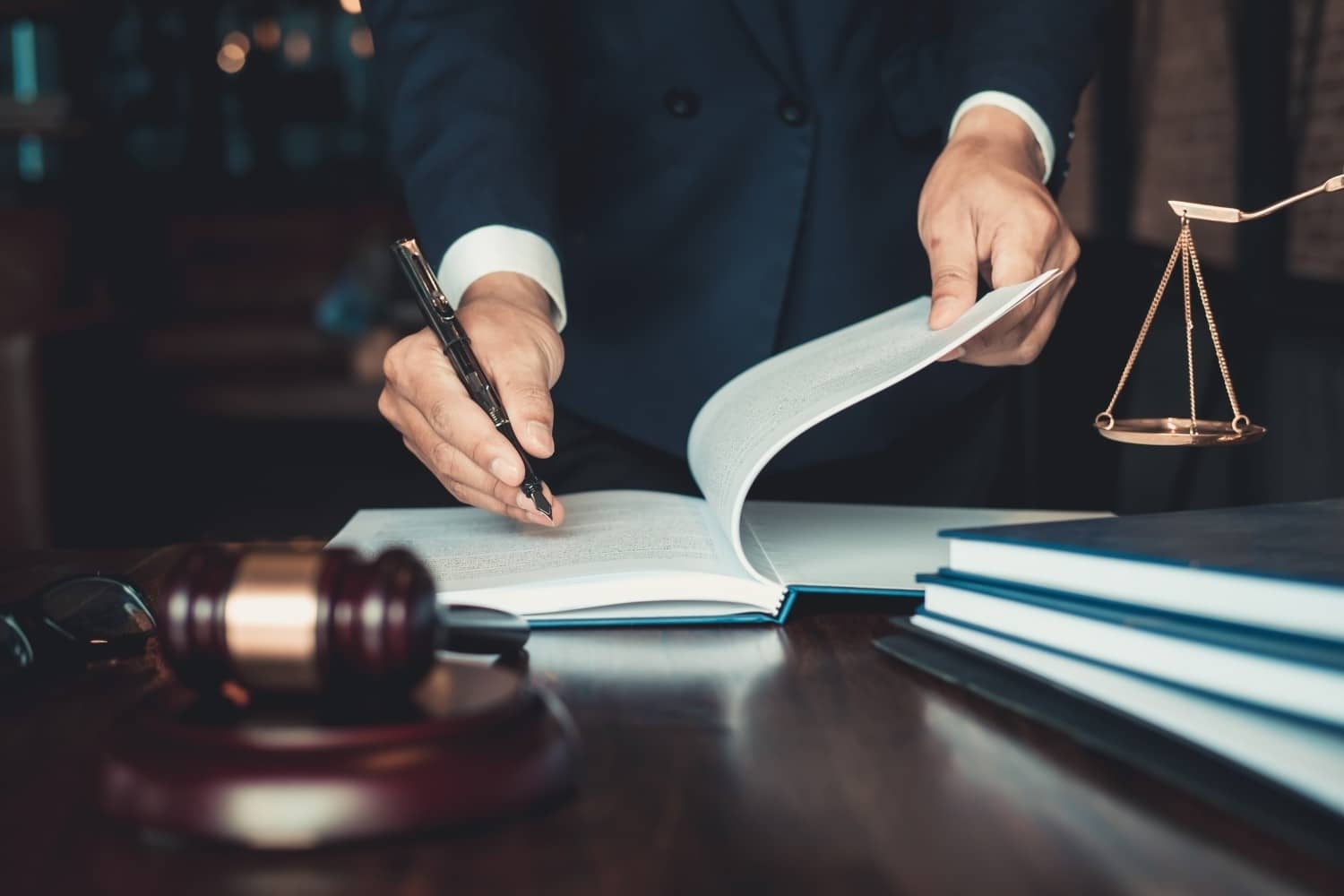What is the Difference Between Shielding and Expungement Under Maryland Law?

Expungement is a process by which court and police records are removed or cleansed. Acquittals [Findings of “not guilty”] probations before judgment, stets and outright dismissals are subject to expungement after an appropriate waiting period. Certain convictions are likewise eligible for expungement, after a waiting period as well.
Shielding, on the other hand keeps the public, generally, from knowing that someone has been convicted of specified crimes.
Shielding is process by which certain specified court and police records regarding convictions of relatively minor crimes that are almost regulatory in nature can kept from public view. As Attorney Eric T. Kirk will tell you.
These are:

- “Disorderly Conduct under § 10-201(c)(2) of the Criminal Law Article;
- Disturbing the Peace under § 10-201(c)(4) of the Criminal Law Article;
- Failure to Obey a Reasonable and Lawful Order under § 10-201(c)(3) of the Criminal Law Article;
- Malicious Destruction of Property in the Lesser Degree under § 6-301 of the Criminal Law Article;
- Trespass on Posted Property under § 6-402 of the Criminal Law Article;
- Possessing or Administering a Controlled Dangerous Substance under § 5-601 of the Criminal Law Article;
- Possessing of Administering a Noncontrolled Dangerous Substance under § 5-618(a) of the Criminal Law Article;
- Use of or Possession with Intent to Use Drug Paraphernalia under § 5-619(c)(1) of the Criminal Law Article;
- Driving without a License under § 16-101 of the Transportation Article;
- Driving While Privilege is Canceled, Suspended, Refused, or Revoked under § 16-303 of the Transportation Article;
- Driving While Uninsured under § 17-107 of the Transportation Article;
- A Prostitution Offense under § 11-306(a)(1) of the Criminal Law Article if the conviction is for prostitution and not assignation.
Source: MD Code, Criminal Procedure, § 10-303. See also https://mdcourts.gov/sites/default/files/court-forms/courtforms/joint/ccdccr148.pdf/ccdccr148.pdf
However, being kept from public view does not mean that the record has been expunged, or that anyone who seeks access is denied. Not all persons are kept from seeing the records. Under the law: “a shielded record shall remain fully accessible by”:

- criminal justice units for legitimate criminal justice purposes;
- prospective or current employers or government licensing agencies that are subject to a statutory or regulatory requirement or authorization to inquire into the criminal background of an applicant or employee for purposes of carrying out that requirement or authorization;
- a person that is authorized or required to inquire into an individual’s criminal background under § 5-561(b), (c), (d), (e), (f), or (g) of the Family Law Article; health occupations boards established under the Health Occupations Article;
- the Natalie M. LaPrade Medical Cannabis Commission established under Title 13, Subtitle 33 of the Health–General Article;
- a person that uses volunteers who care for or supervise children;
- a person that attests under the penalty of perjury that the person employs or seeks to employ an individual to care for or supervise a minor or vulnerable adult, as defined in § 3-604 of the Criminal Law Article; and
- a person who is accessing a shielded record on behalf of and with written authorization from a person or governmental entity” as described above.
-Source: MD Code, Criminal Procedure § 10-302
Notably, the request for shielding can only be made once in a lifetime. The person seeking shielding must wait three years, cannot have current criminal charges, and must not have been convicted of an intervening crime [that is not also eligible for shielding]. As with expunged records, a prospective employer may not require disclosure of information about a shielded record, unless that employer “subject to a statutory or regulatory requirement or authorization to inquire into the criminal background of an applicant.”



